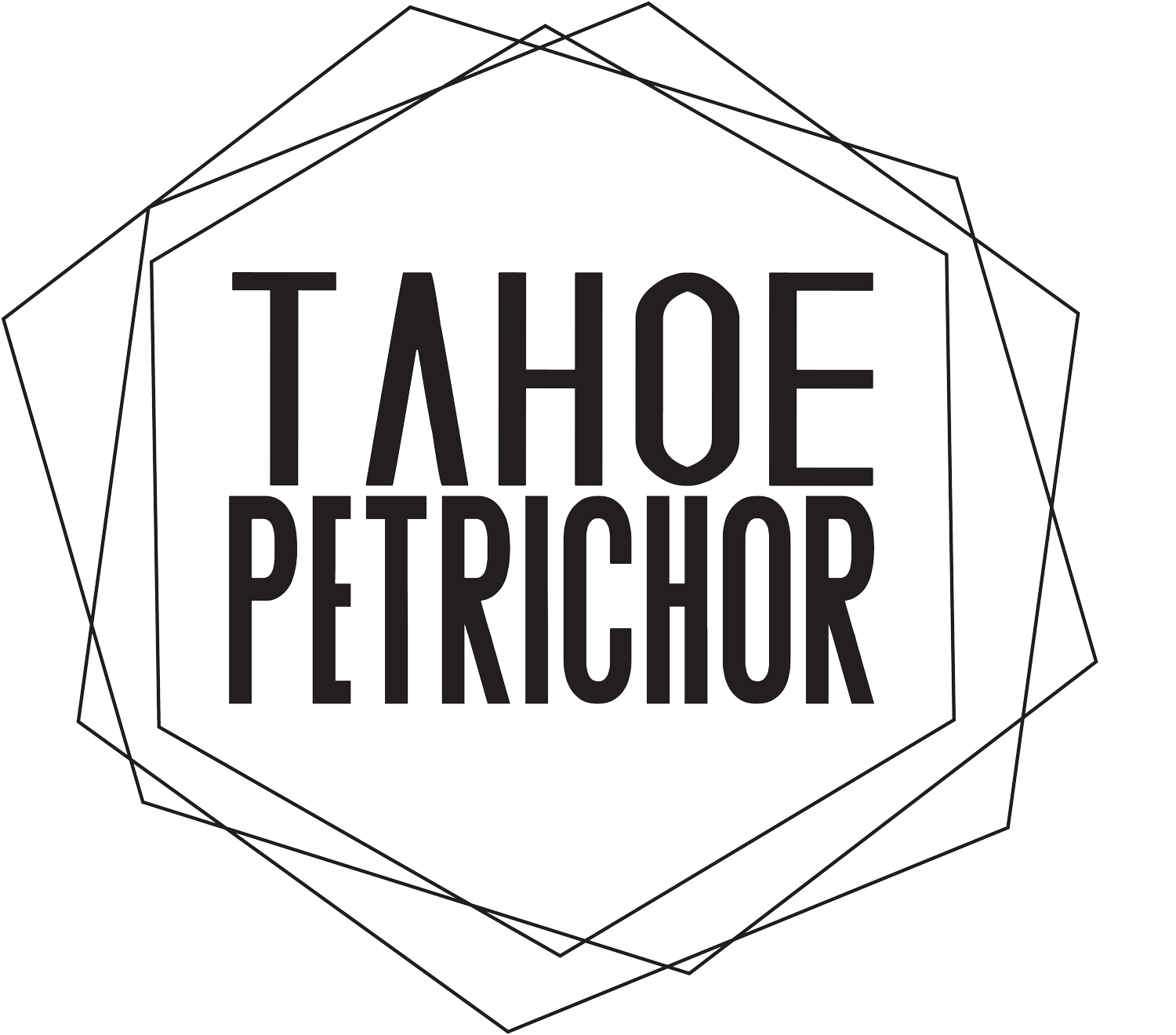The use of botanical medicine and aromatherapy are both rising in popularity. Both aromatherapy and botanical medicine attempt offer natural, plant-based, self-care modalities, therapies, and practices for general health and wellbeing to acute and chronic disease. Aromatherapy primarily focuses on highly concentrated lipophilic (fat-loving) compounds bioavailable in therapeutic plants and herbs. Essential oils are highly concentrated and may be toxic at far lower dosages than botanical medicine. Plant-based medicine focuses on both hydrophilic (water-loving) and lipophilic compounds available in the plants depending on the extraction method and goal of treatment. Even specific compounds can be extracted for therapeutic use in botanical medicine. To manufacture essential oils for use in aromatherapy, plants are either steam distilled, hydrodistilled, or pressurized (Co2 extraction). To manufacture herbal medicine, various solvent extractions (alcohol, water, glycerin, etc.) can be used as well as many different methods (infusions, decoctions, poultices, ointments, teas, capsules, tinctures, etc.).
Safety & Toxicology
Essential oils should not be ingested unless working with a practitioner. Topical application (with a carrier oil) or inhalation are the primary methods of use as a complementary alternative medicine modality. Many therapeutic and psychiatric benefits of essential oils come from inhalation. Botanical medicine is oftentimes used topically, and orally, and rarely inhaled. In both cases the quality, company, sustainability practices, and information provided by companies should be examined prior to use of any botanical medicine. Not all herbs can be essential oils and not all herbs cannot be essential oils. Not all essential oils and not all botanical medicine is safe. Understanding each botanical, their compounds, potential risks, toxicology, and dosage should be investigated prior to any use of botanical medicine. In addition, drug-oil, herb-herb, and drug-herb interactions should always be evaluated prior to use.
References
Manion, C., & Widder, R. (2017). Essentials of essential oils, American Journal of Health-System Pharmacy, 74 (9), e153–e162. Retrieved from https://doi.org/10.2146/ajhp151043
ACHS. (2019). History of Toxicology [online lecture]. Retrieved from https://achs.instructure.com/courses/1679/pages/history-of-toxicology?module_item_id=195979




